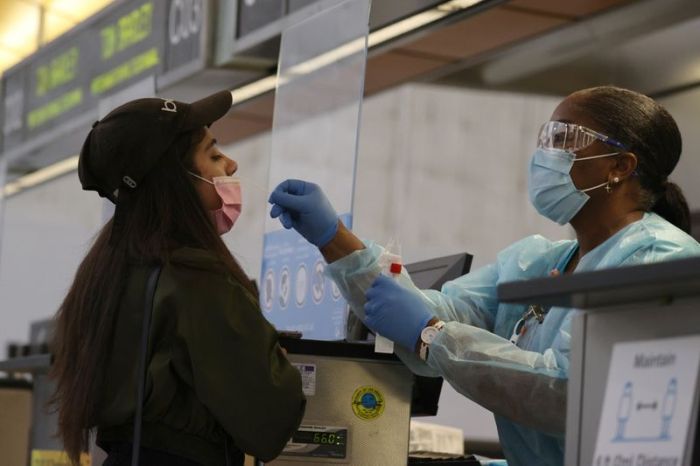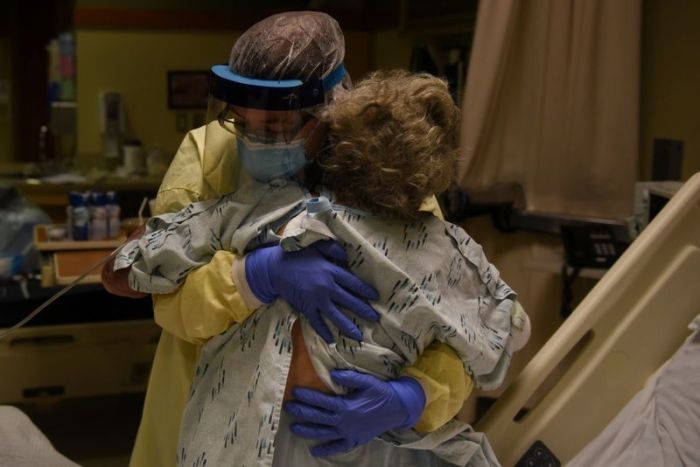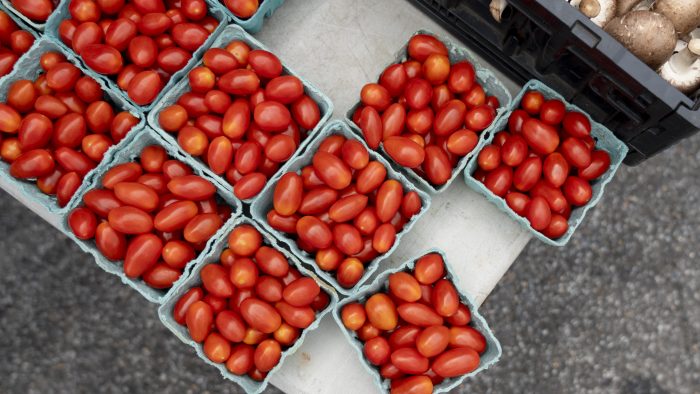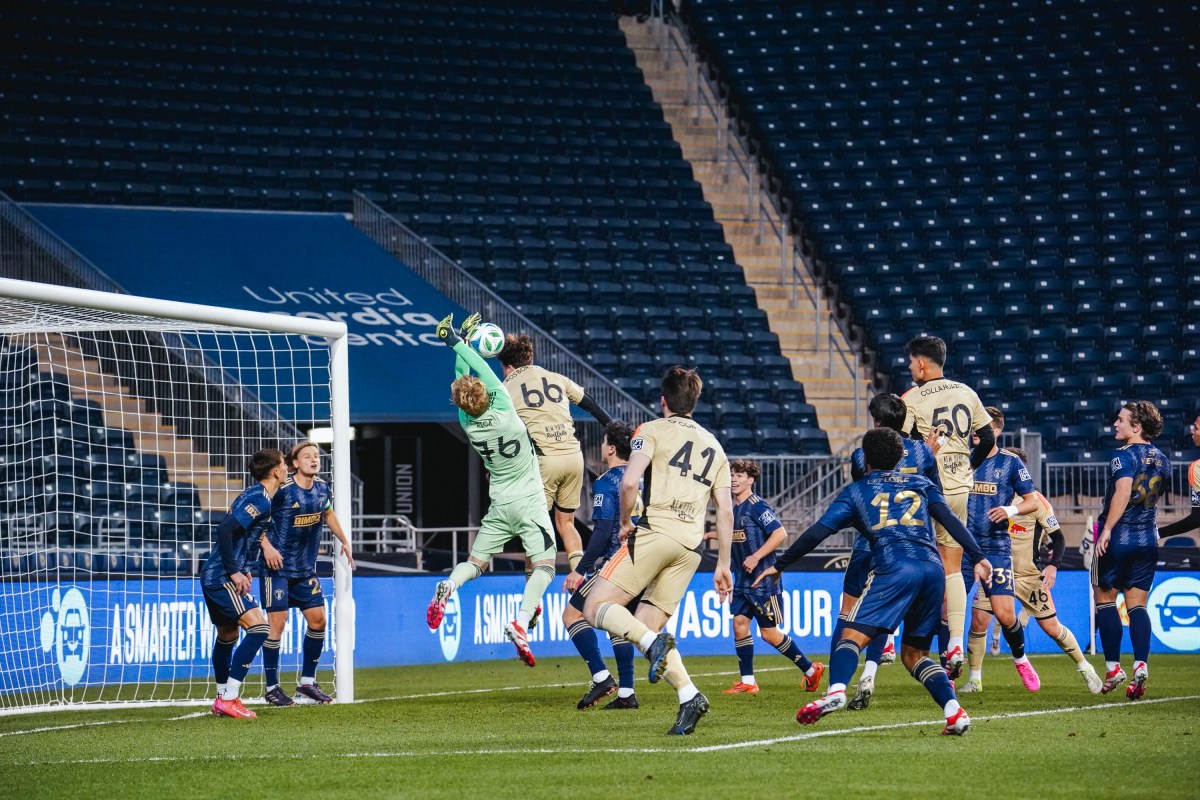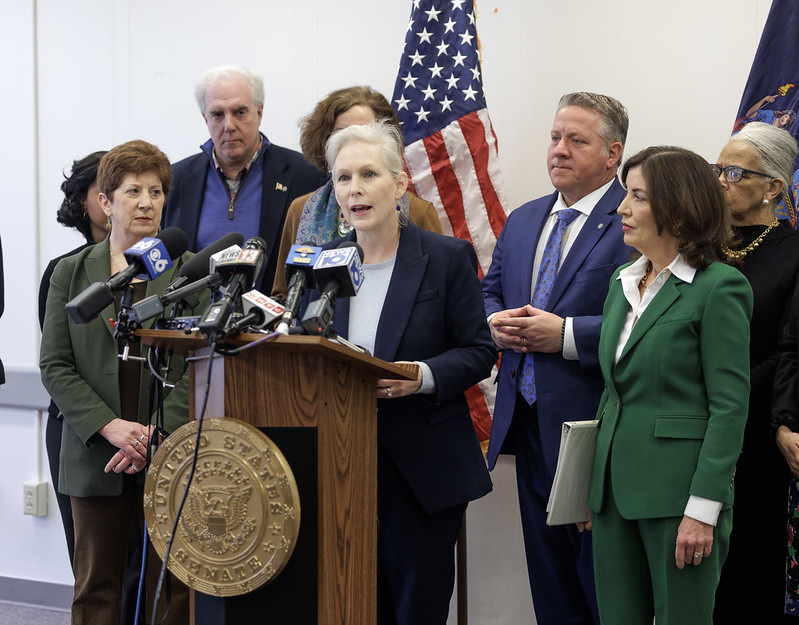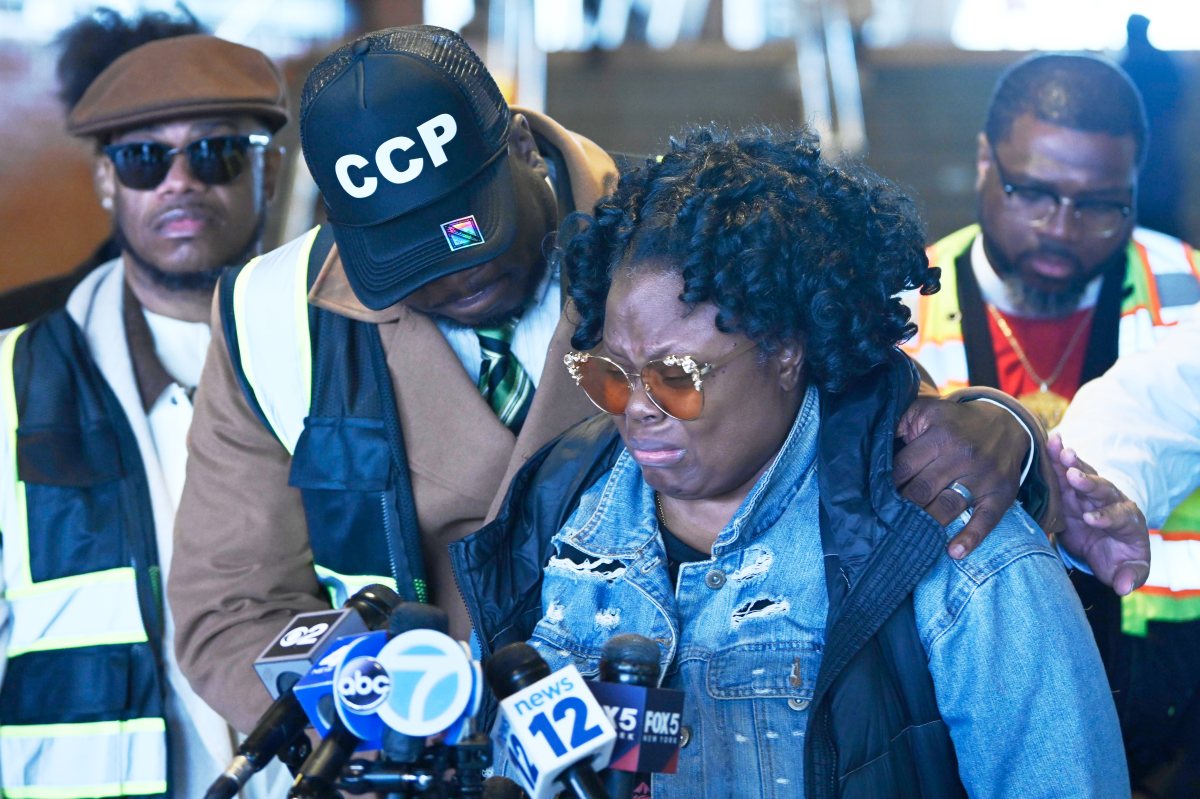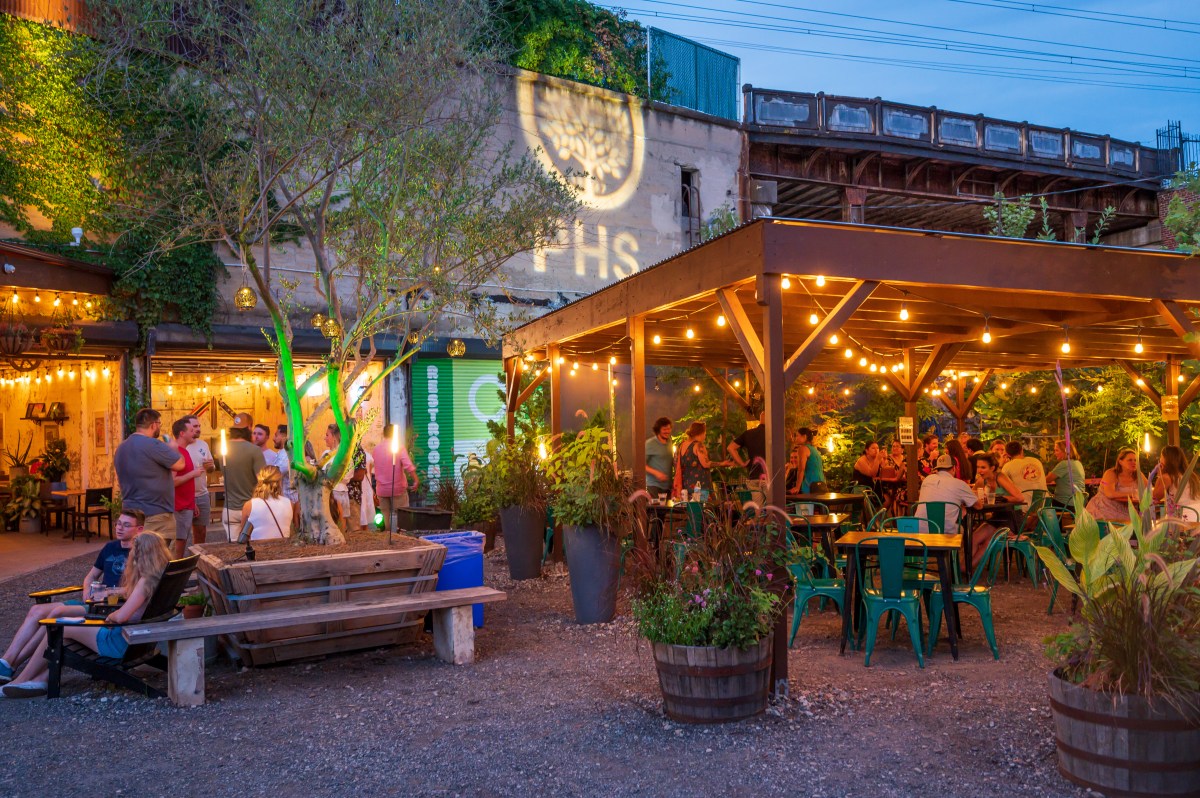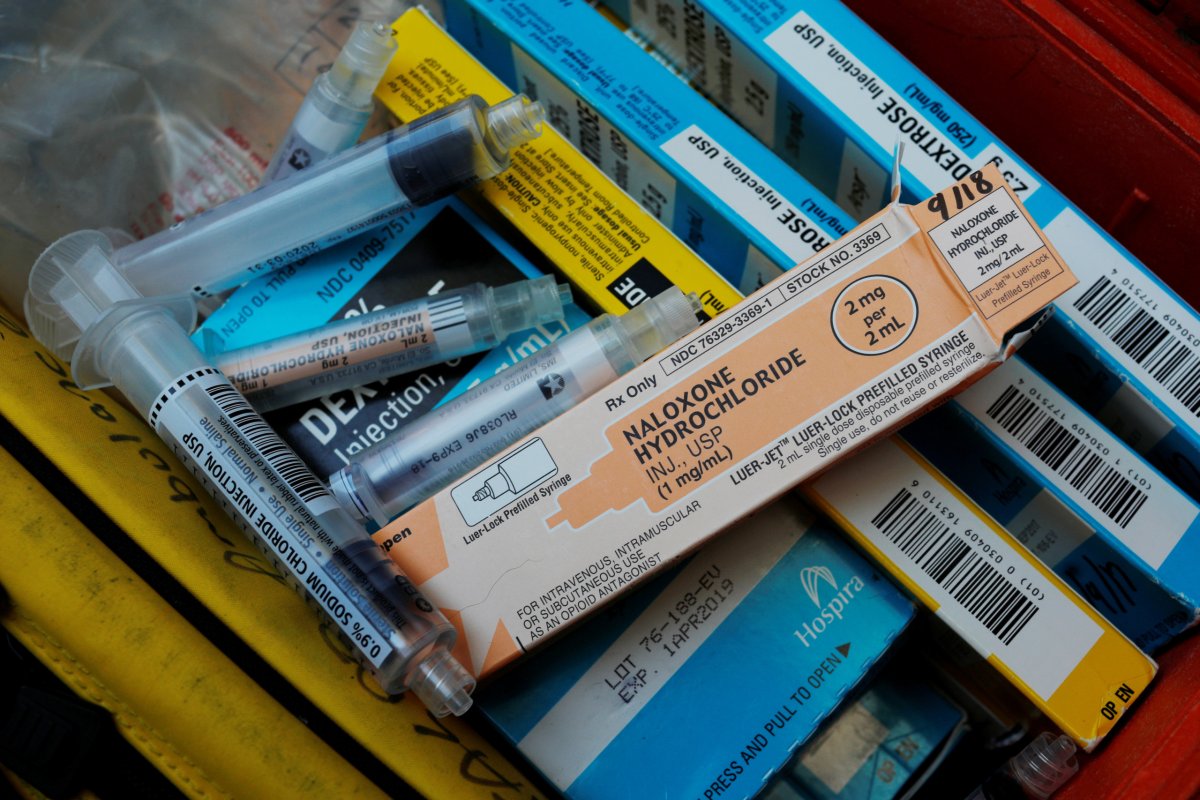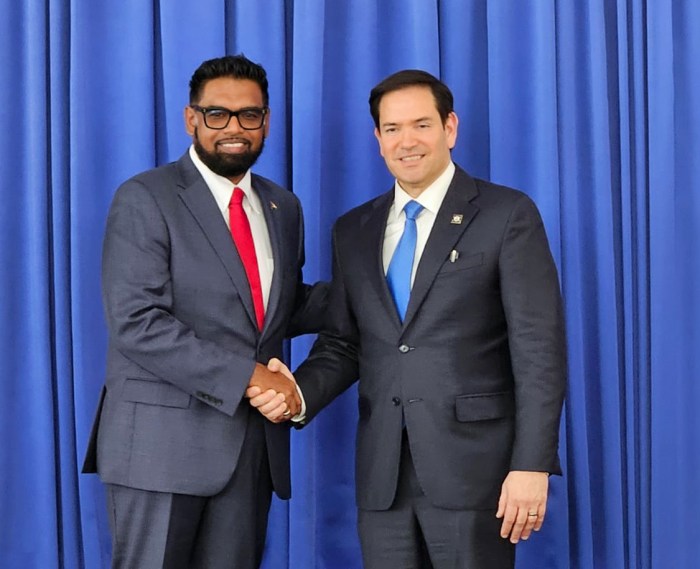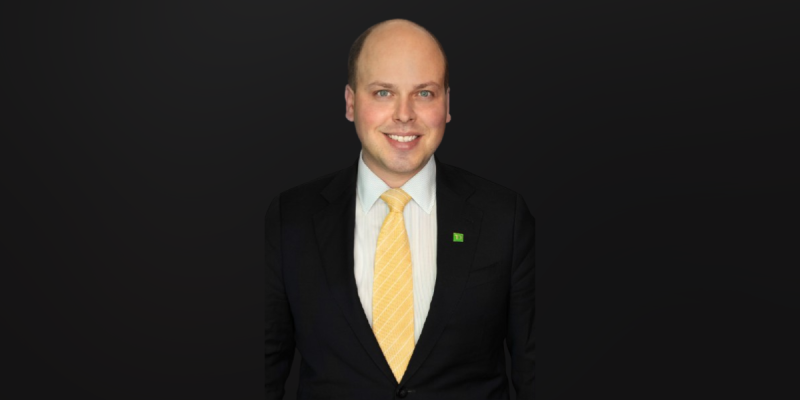(Reuters) – Nina Jain was regularly checking the nation’s COVID-19 data and holding out hope that her son Antonio, a sophomore who attends college in Iowa, could come home to Sacramento, California, for Thanksgiving this week.
Jain, who works in a government office, had her hopes dashed when she saw U.S. COVID-19 cases rise by an average of more than 168,000 per day last week. Antonio canceled his flight on Friday, hours before it was scheduled to depart, heeding public health warnings that a nationwide dispersal of college students heading home for the holidays could fuel a deadly wave of infections.
“It’s like a piece of your heart is 1,500 miles away and there’s nothing you can do about it,” said Jain, 44, whose Thanksgiving plan without Antonio involves wearing pajamas, cooking for herself and spending time with her pets by the fire. “You find solace in knowing you’re doing the right thing.”
As COVID-19 infections skyrocket, families with college students have been forced to evaluate the risk of reuniting for Thanksgiving, when extended American families traditionally gather around the table to eat turkey dinners and show gratitude. Some have opted to roll the dice and celebrate together on Thursday, while some have canceled travel or tried to follow disease prevention protocols at home.
The U.S. Centers for Disease Control warn that if college students go home for Thanksgiving, they should be considered guests and families should wear masks, stay six feet apart and open windows to mitigate the infection risk.
Cynthia Wimer, 54, who lives with her husband and elderly parents in Washington, D.C., did not want to take chances when her daughter Francesca, a sophomore at Northwestern University, came home for the holidays.
So Francesca flew home wearing an N95 mask and a face shield and checked into a hotel for 14 days, where her parents delivered her meals. She tested negative on the 7th day but finished her quarantine period to be sure she would not infect her family.
“She was returning to a vulnerable set of people,” Wimer said. “We didn’t trust that a test was enough.”
For some students, last-minute COVID-19 testing before leaving campus derailed their travel.
Luke Burke, a junior at Syracuse University, was planning to spend Thanksgiving with his family in New Jersey until his roommate tested positive last week. Although Burke’s test came back negative, he is isolating in a hotel for two weeks to be safe.
“I’m sorry I can’t be there with my parents, but it’s the right thing to do,” Burke said, speaking to Reuters by phone from his hotel room.
‘WEIRD AWAKENING’
College students that have gone home for Thanksgiving are adjusting to a more restricted lifestyle compared to the environment on campus where they interacted more freely, albeit wearing masks, several told Reuters.
Katie Sartori came home to Maplewood, New Jersey, after her first semester at the University of Rhode Island to find the atmosphere much more cautious than in the summer, when she felt comfortable socializing with friends because the infection rate was lower.
At school, Sartori was tested weekly, attended in-person classes and ate in dining halls. At home, she plans to limit social interactions to protect her family.
“It was kind of a weird awakening,” said Sartori, whose family is planning a small Thanksgiving instead of inviting friends.
Efforts by college students to limit their interactions with friends at home could save lives this winter, said Aaron Milstone, an epidemiologist at Johns Hopkins University.
“Traveling is one risk. But there are many risks that go along with that like, who’s going to want to see that person when they come home?” he said. “All that mixing is what exacerbates this.”
Still, the heightened restrictions at home have caused some friction in families.
When Craig Shannon and Shelly Hesslau’s daughter Ingrid, a college freshman, came home to Missoula, Montana, she balked at some of her parents’ precautions that she thought were too restrictive, Hesslau said. Ingrid had already quarantined and tested negative before flying home
“She might think she’s superwoman at this point, and we’re all, like, triple masking up,” Hesslau said.
The family plans to eat Thanksgiving dinner around the same table, although they’re considering opening windows, keeping masks on between bites and cooking in shifts to not crowd the kitchen.
“Even if everybody agreed on the risks involved, it’s awkward,” Craig Shannon said.
(Reporting by Gabriella Borter; additional reporting by Barbara Goldberg; Editing by Aurora Ellis)




